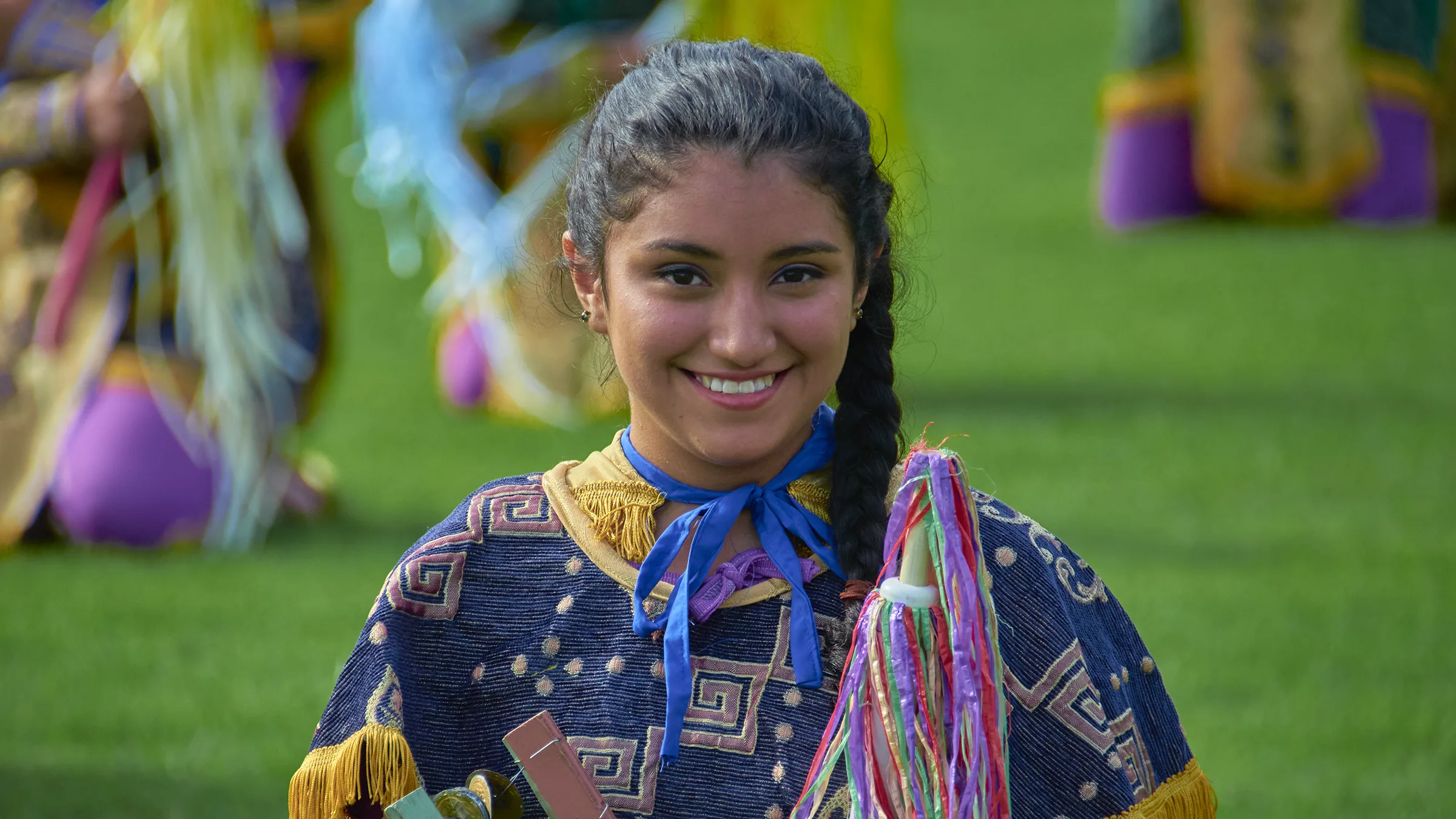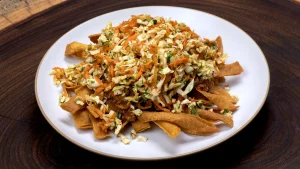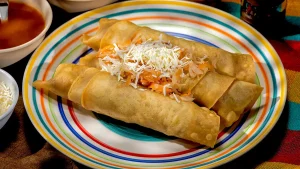August 9 – International Day of the Indigenous and Garífuna Peoples

On August 9th, the International Day of Indigenous Peoples is celebrated, as defined by the United Nations.
In its resolution 49/214 of December 23, 1994, the United Nations General Assembly decided that the International Day of the World’s Indigenous Peoples would be celebrated on August 9th of each year.
This date marks the day of the first meeting in 1982 of the United Nations Working Group on Indigenous Populations of the Sub-Commission on the Promotion and Protection of Human Rights. In 1990, the United Nations General Assembly proclaimed 1993 as the International Year of the World’s Indigenous Peoples.

Honduras is a multi-ethnic, multilingual nation, a multicultural country that recognizes and values the historical and socio-cultural contributions of indigenous peoples: Lencas, Miskitos, Tolupanes, Maya-Chortís, Nahuas, Pech, Tawakhas, and Chorotegas, as well as the Garifuna and English-speaking Afro-Honduran communities.
In 2013, the First Public Policy and National Action Plan on Human Rights was approved, aiming to contribute to the full enjoyment of human rights by individuals, especially vulnerable population groups, including indigenous peoples and Afro-Hondurans.
Learn about the Ethnicities of Honduras – Existing Indigenous Groups in Honduras
In 2016, a Public Policy against Racism and Racial Discrimination for the Integral Development of Indigenous Peoples and Afro-Hondurans was approved, along with the adoption of relevant and related legal frameworks.
Living Cultures of Honduras
The following ethnic groups are part of the Living Culture of Honduras:
- The Pesh or Pech
- The Tawahkas
- The Lencas
- The Tolupanes or Tolpán (Hicaques, Xicaques or Jicaques)
- The Chortís or Maya-Chortí
- The Nahuas
The new ethnic entities that emerged after the 16th century:
- The Garifunas
- The Miskitos, Miskitus or Misquitos
- The Creoles or English-speaking Islanders
Background of the International Day of Indigenous Peoples
Indigenous peoples have inherited and practice unique cultures and ways of relating to people and the environment. They also retain social, cultural, economic, and political traits that are distinct from those prevailing in the societies in which they live. Despite their cultural differences, indigenous peoples worldwide share common challenges in protecting their rights as distinct peoples.
Indigenous populations have long sought recognition of their identities, way of life, and rights to their traditional territories and natural resources. However, throughout history, their rights have consistently been violated. Today, they are undoubtedly among the most vulnerable and disadvantaged populations in the world. The international community now recognizes the need for special measures to protect their rights and maintain their cultures and ways of life.
To raise awareness about the needs of these population groups, the International Day of Indigenous Peoples is commemorated on August 9th, in recognition of the first working meeting on indigenous populations held by the United Nations in Geneva in 1982.


